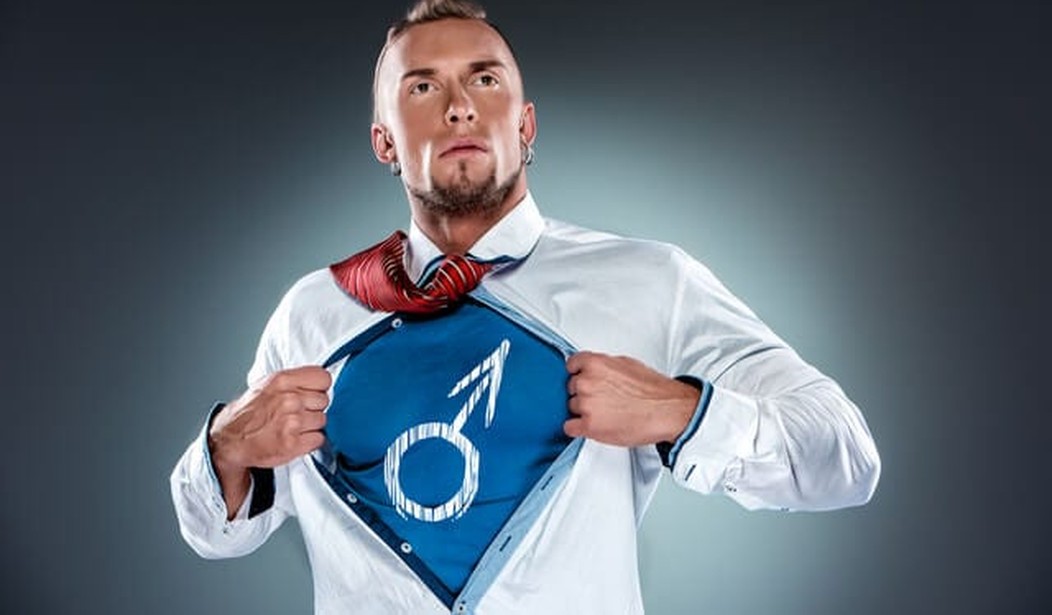The University of Virginia Health Center is in the process of hiring for its inaugural “Masculinity Specialist,” who will fight “toxic concepts of masculinity” in the effort to promote overall student health.
According to a recent job application, the “Masculinity Specialist” — otherwise known as the “Health Promotion Specialist” — will work out of the school’s Health Center, which is funded by taxpayer subsidies and tuition dollars.
The new hire must have a “demonstrated commitment to incorporating intersectionality of multiple identities (i.e. race, gender, class, etc.) as a core tenet of one’s approach to violence prevention,” and also working knowledge of “toxic concepts of masculinity.”
While it’s unclear what exactly this specialist will do once hired, it appears that the he/she/they will develop programming (perhaps mandatory workshops for incoming male freshmen?) aimed especially at “all-male student organizations.”
PJ Media reached out to U.Va. to ask why “masculinity” itself is being targeted as a risk factor for student health (in this case: sexual assault and hazing), but did not receive a response despite multiple email and phone calls.
Students reached by PJ Media have mixed views on the position.
U.Va. student Ben Grimmelbein, 19, said he was supportive of efforts to combat sexual assault, but didn’t think the new position would be effective.
“I am not sure that a ‘Masculinity Specialist’ would be the correct approach in dealing with sexual assault and may be too reactionary,” said Grimmelbein on Thursday.
Further, he called it a “superfluous position” — “the job description seems to be the exact same descriptions of what the university is already carrying out through the U.Va. Counseling and Psychological Services and the Office of the Dean of Students,” he added.
The university’s College Republicans secretary, Riley Creamer, 20, praised the position, saying “masculinity should absolutely be dealt with by the Health Center.”
“Concepts of masculinity perpetuated by society impact the mental health of not only men, but also women, and should be addressed from a health standpoint.”
“Ben Shapiro once said in an interview that masculinity should be given direction, and I think that’s exactly what this Health Center position could help to accomplish. With moral direction, these masculine traits can be fine-tuned to do what they’re supposed to,” she added.
According to the CDC, “masculinity” itself per se is not a risk factor for perpetrators of sexual assault. Instead, proven risk factors for becoming a perp include alcohol and drug use, delinquency, a lack of empathy, and hostility towards women.
Other risk factors include poverty, a lack of employment opportunities, tolerance of sexual violence among one’s friends, and an emotionally unsupportive family environment. To date, no studies appear to have found a link between “masculinity” itself and violence.
And further, no research has found that “masculinity” targeting programs reduce the risk of sexual assault or hazing. So, while the new hire probably will have no tangible impact on campus sexual assault, the campus bureaucracy (and the cost to taxpayers) will grow.
U.Va. is actively searching for candidates and will do so until the position is filled. The new full-time hire will make upward of $55,000 — not including an undisclosed benefits package — and will be a permanent addition to the staff.
Follow the author of this article on Twitter: @Toni_Airaksinen.










Join the conversation as a VIP Member